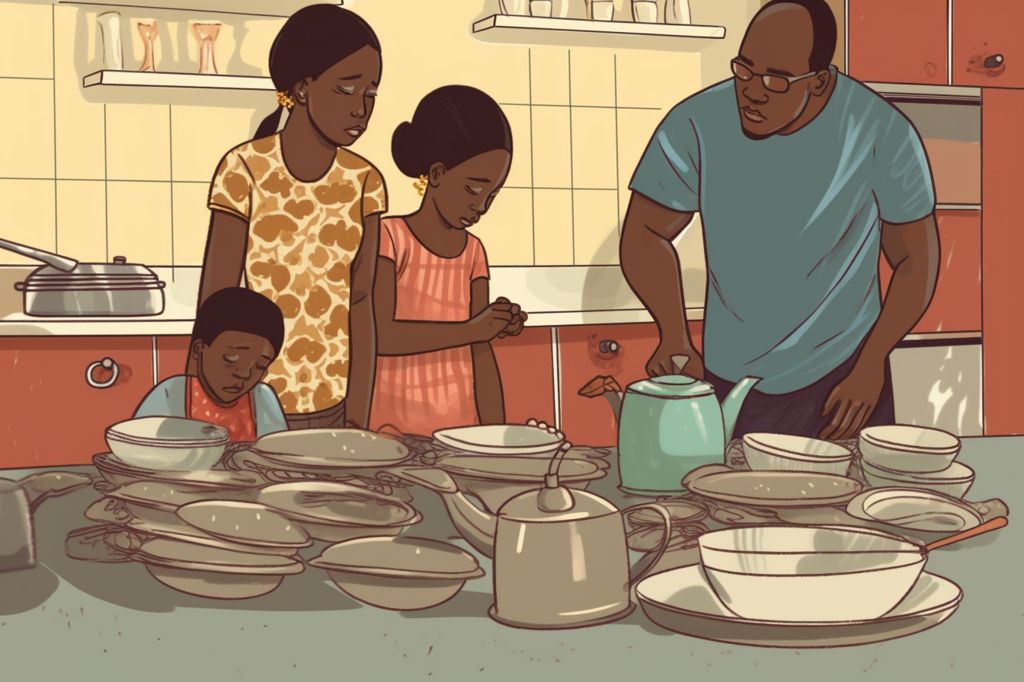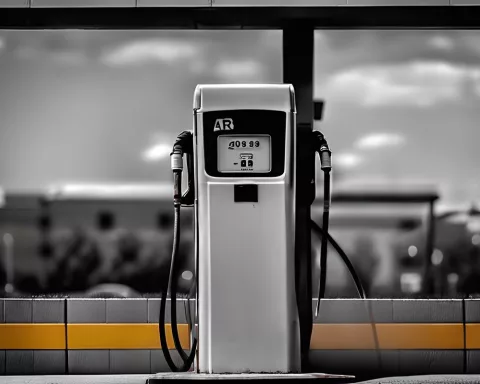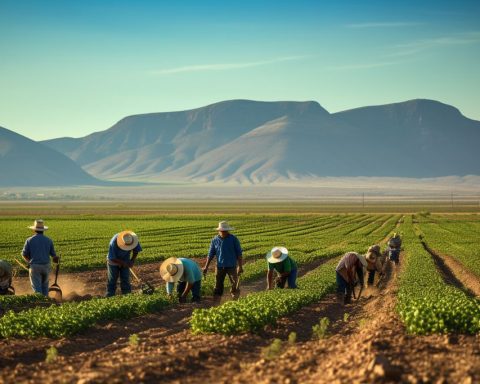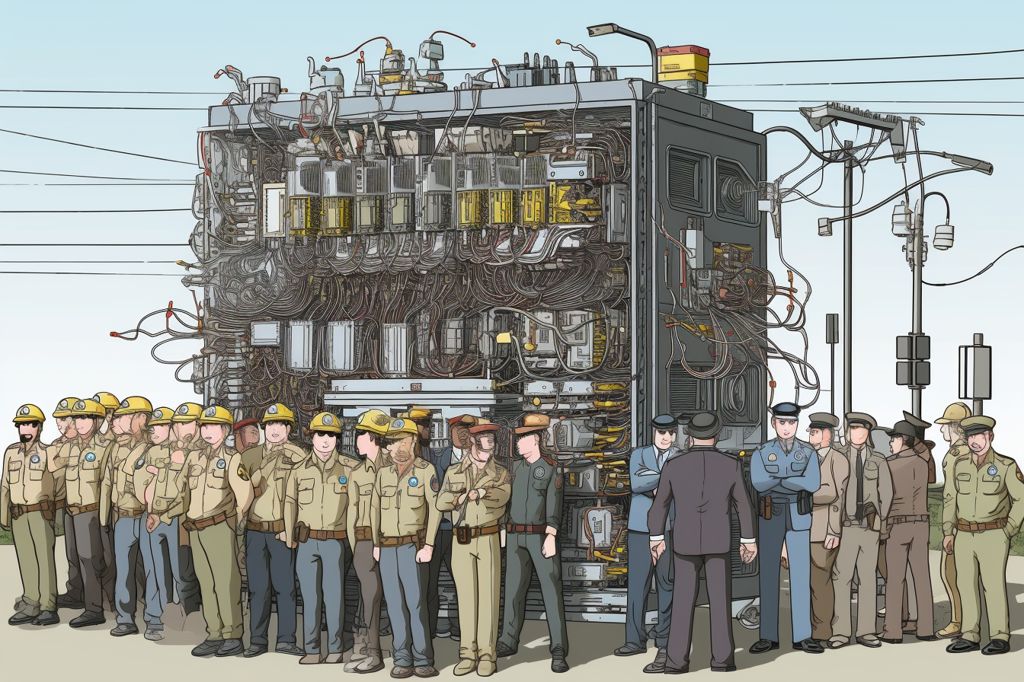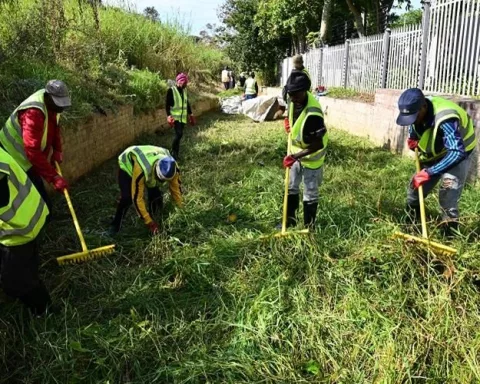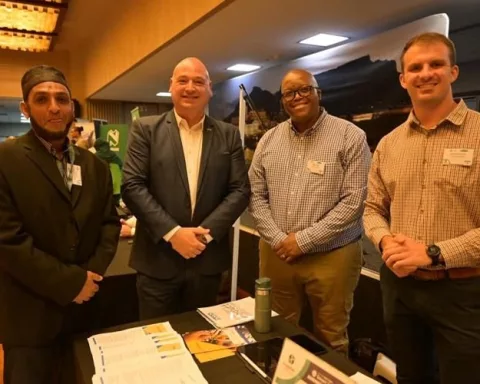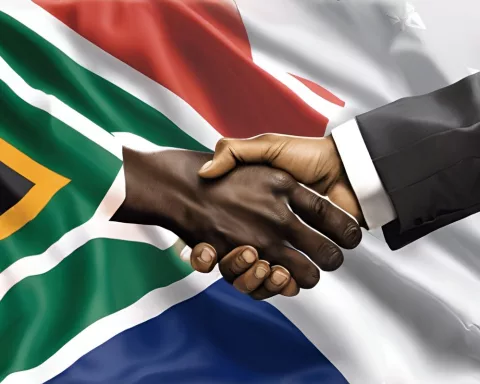Lagos, one of the world’s most populous cities, is home to around 20 million people. Commuting within the city has always been a notorious challenge, but the recent spike in fuel prices has made life even more difficult for its residents. On May 29th, 2023, following the swearing-in of President Bola Tinubu, fuel prices in Nigeria almost tripled as the government announced the removal of subsidies.
The Effects of Subsidy Removal
The removal of subsidies has caused significant distress for the people of Lagos. Rising transportation costs have made commuting more expensive, and skyrocketing food prices have made it difficult for people to afford basic necessities. Those who rely on generators for electricity are also feeling the pinch, with increased expenses making it harder to keep the lights on.
Limited Refining Capacity
Nigeria is rich in oil, but it has limited refining capacity. The country has traditionally exchanged crude oil for refined oil from abroad, which is then subsidized for the domestic market. This practice has resulted in substantial drains on revenue, foreign exchange, and contributed to the growth of national debt. Experts have long advocated for the removal of these costly subsidies, and while the new government’s decision has been praised, concerns about the lack of measures to counter the inflationary effects on food, power, and transportation have been raised.
Impact on Local Businesses
The increased cost of power is also impacting local businesses and their employees, as some companies are forced to close or “readjust” due to the inability to afford petrol. In the northern city of Kano, residents are forced to endure sweltering night temperatures without electricity, as running generators has become too expensive.
The Need for Social Protection Measures
Over 80 million people in Nigeria already live below the poverty line, according to the World Bank, and the United Nations has cautioned that more than a quarter of these individuals will face acute hunger this year. Amnesty International Nigeria has warned that governments must accompany the removal of fossil fuel subsidies with “social cushioning and protection measures.”
Personal Struggles
In the Utako market of Nigeria’s capital, Abuja, Bo Eze, a 45-year-old cassava seller, shares his struggles with the increased fuel prices. Similarly, Augustin Ede, a goat meat seller in the market, is grappling with higher transportation costs for his livestock. Customers like Prudence Ekuvero, a mother of four, feel the pinch when she has to pay almost double the price for a goat neck as compared to before the fuel price hike.
As Lagos and other Nigerian cities grapple with the repercussions of the fuel price surge, the government faces the challenge of implementing policies that mitigate the impact on the nation’s most vulnerable populations. The situation highlights the delicate balance between economic reform and the need for social protection measures.

